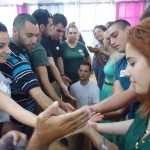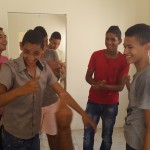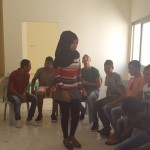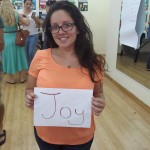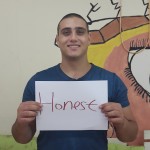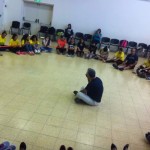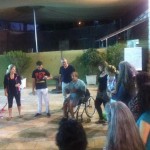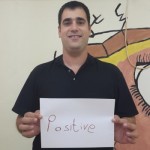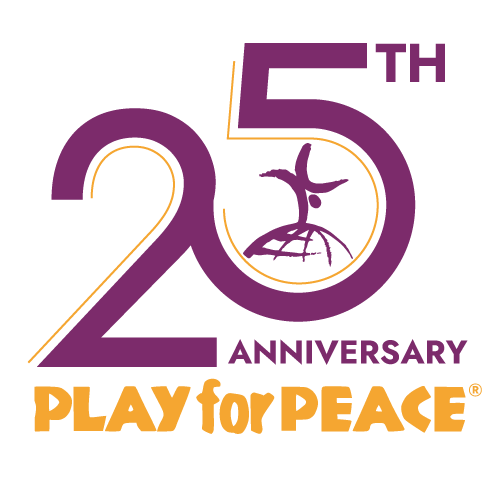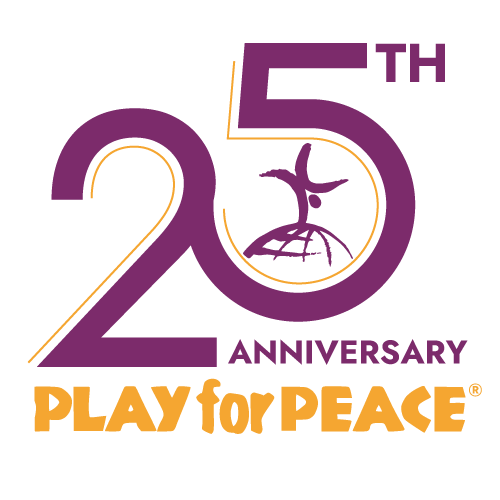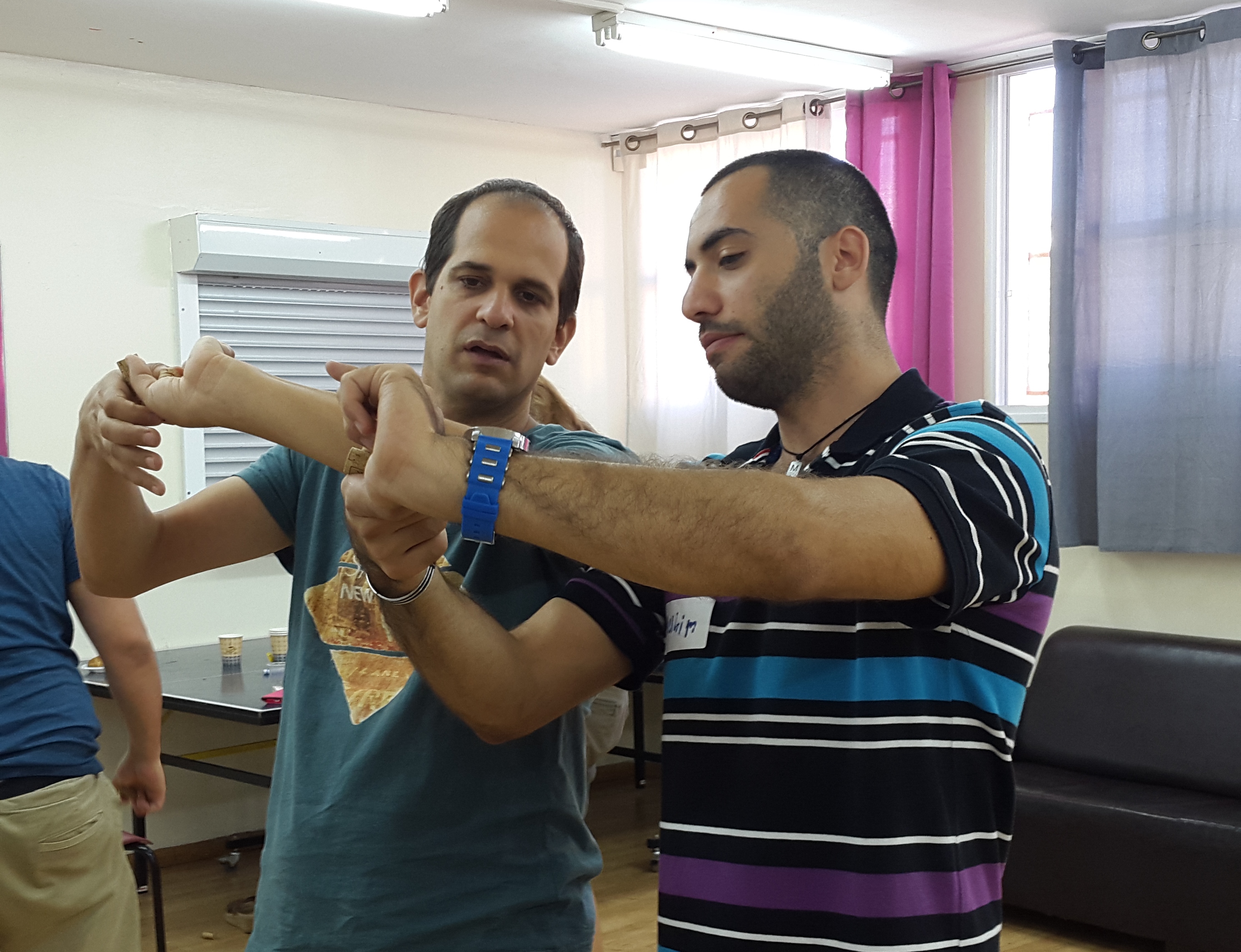Tensions melt in Israel
Similar in age and profession (camp and youth center counselors), these two young men live segregated by language, religion, culture and politics. This is because they are Jewish and Arab men living in Israel. But they took the opportunity from the beginning of a Play for Peace workshop in September 2014 to work together. A seemingly inconsequential activity, a trick of "unhooking" a cork with your hands that can be difficult brought them into contact. One learned how to do it first then patiently taught the other, going through the steps slowly, several times until both could do it fluidly. It took most of the others in the workshop longer to break the ice and begin to interact across the diversity, the play pulling them in despite an initial reluctance to participate. Even a few of the young Israeli soldiers in the group caught themselves laughing and working with the others to reach a group challenge by the end of the workshop. If one learned how to do an activity they taught the others and that way they learned that they could work together, they can live together. This moment almost didn't happen. Craig and I struggled with the timing of our visit to the region. Tensions were high as the bombing of Gaza had only ended weeks before. I remember asking our friends and hosts in the Play for Peace Community before we booked our tickets, "is this the right time to come?" the response was clear;
My instinct is to say yes, come, the wars here don't usually last that long...in any case we need all the collaborative work we can get, all the nonviolence we can get, because the whole society has gone mad...
Words like "thirsty" and "hungry" were used repeatedly to describe the need for programs like Play for Peace by those who work with children and youth in this conflicted region. The timing was right and the number of caring, compassionate people - both Jews and Arabs - who are working so hard to create more peaceful communities for their children is inspiring. There were more "moments" than I can write about here that silently shouted "Peace is Possible!" However, a few highlights of our trip as well as links to news articles written about it can be found below. Thank you to the local Play for Peace committee including Samer, Aura, Sharli, Oren, and Judith for making this trip a reality.
Community Group in Eilaboun - 8 Christian Arab graduating high school students and community leaders were introduced to Play for Peace through play and learning! They will support local Play for Peace Trainer Samer Mouallem and spread the word about Play for Peace in Northern Israel.
Bedouin Girls Warm House Project in Bo'eni-Nujidat - 42 young women from a discriminated minority group and homes devastated by drugs and abuse along with their 6 social workers participated for the first time in a cooperative play experience. The girls were so enthralled they wrote a thank you letter the next day and asked for more Play for Peace activities. They want to create a Play for Peace Club to empower themselves and increase their visibility in their community.
Palestinian Center for Conflict Resolution in Jericho - 35 young Palestinian girls and boys forgot about the sweltering heat and precarious political situation they live in West Bank to learn about Play for Peace and play. This was the first time many of the youth had been allowed by their parents to leave their homes since the war with Gaza started. This new organization has great potential to create a Play for Peace Club, but they are in the beginning stages of formation and will need time to strengthen their infrastructure.
Network of Facilitators, Trainers and Project Coordinators in Nazareth - 35 Jews and Arabs from all over the region who are experienced facilitators and lead coexistence or peace projects joined an intensive 2-day training. They learned many activities, how to facilitate them, and how to join Play for Peace. We anticipate many will become Play for Peace Trainers or Mentors in the next six months. One teacher who was present began implementing Play for Peace in her classroom the very next day!
Youth Center and Camp Counselors in Haifa - 25 Jewish and Arab young adult counselors met each other for the first time and learned Play for Peace activities that they can take back to their work with youth. This workshop was a peace-building experience in itself as the participants worked through issues of trust and cooperation. Translation into Hebrew and Arabic were needed at times. This workshop was put together by Oren Rechman, a Play for Peace partner who teaches sociology at 3 local universities. Link to article in Hebrew with translation. Link to article in Arabic with translation. 